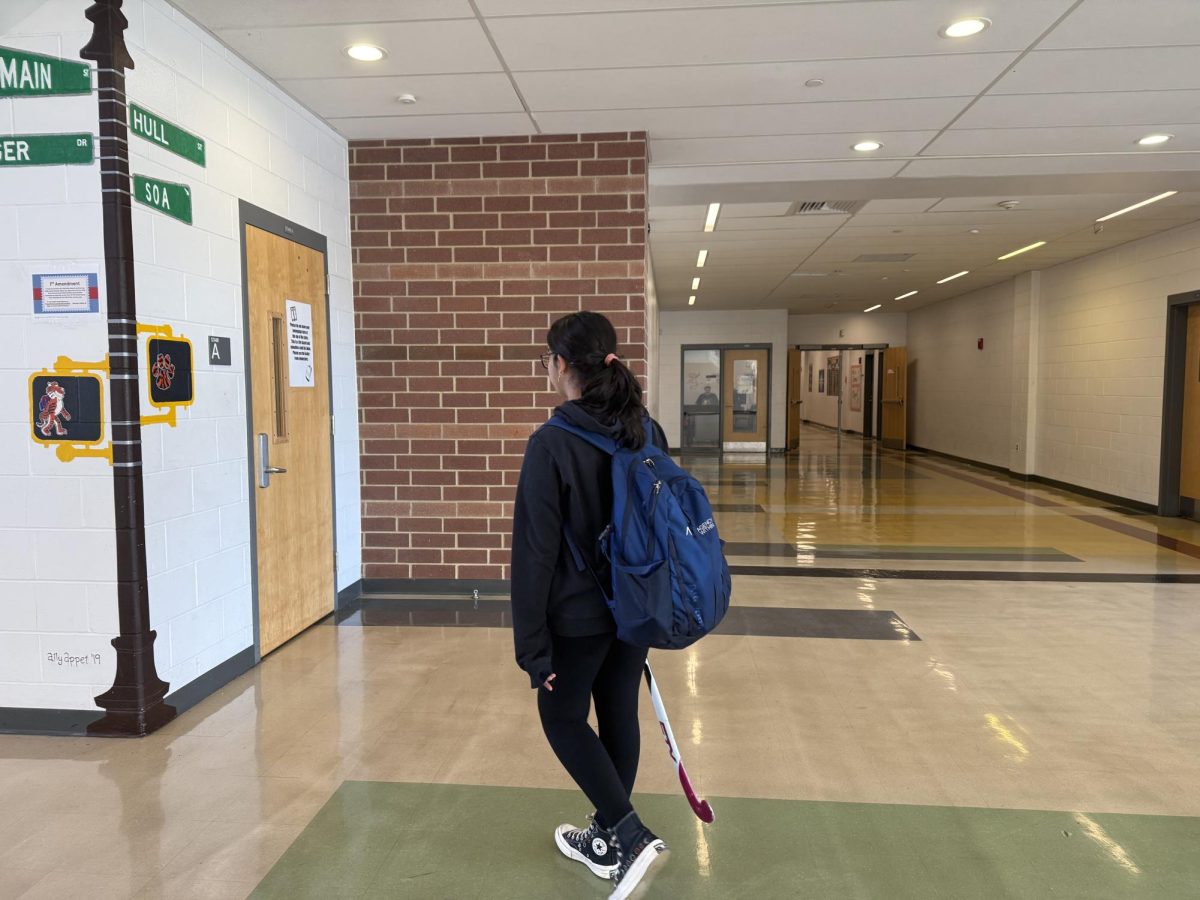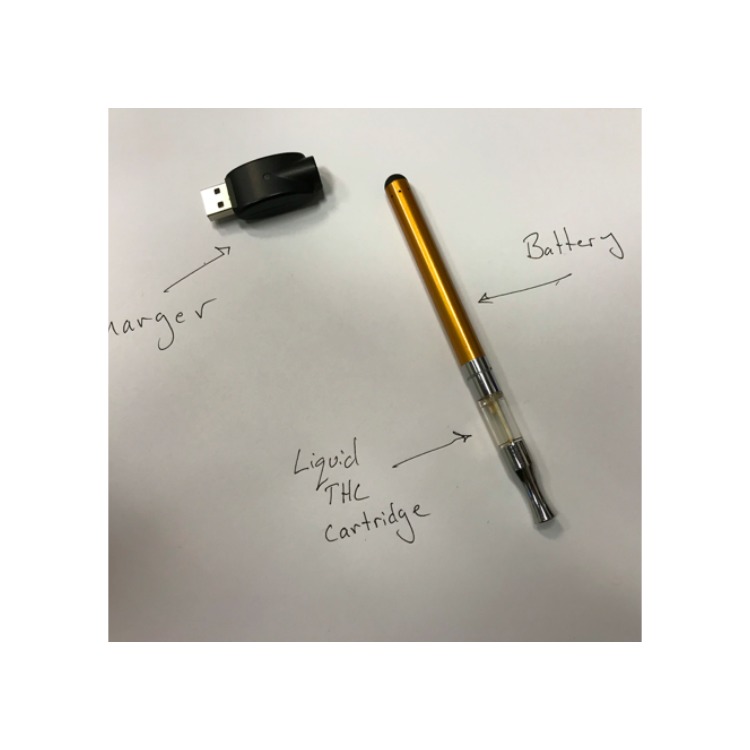A recent uptick in students found using e-cigarettes on campus prompted administration at both North and South to send out letters informing families about the increased usage of e-cigarettes as well as the various ways e-cigarettes can be concealed and disguised.
“We wanted to remind families that any marijuana products are not allowed, tobacco products are not allowed on school grounds, and also to inform people about the ways that e-cigarettes can be hidden,” said principal Henry Turner.
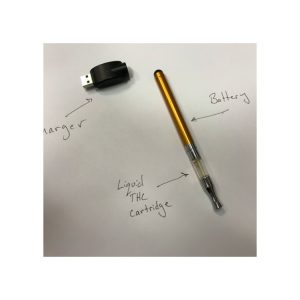
He added that he hopes the letter will prompt parents to have a conversation with their child about making the right, healthy choices and what to do when faced with the opportunity to try an illegal substance.
“For example, talk to them about what they should do if they are presented with a situation where they are offered to smoke a tobacco
product or marijuana product,” said Turner.
According to Adams house dean David Turcotte, e-cigarettes have been around for awhile, but “the difference this year is that there’s been a marked increase in students and staff who are reporting the use of these devices in bathrooms and even in some cases classrooms.”
In the letter to parents, Turner explained that although scientists are still learning about the health effects of e-cigarettes, there’s enough evidence to prevent its use including recent studies that suggest e-cigarettes are a “gateway” drug.
The letter also included warnings and pictures about a specific brand of e-cigarettes called “Juul” that is prevalent among students. These “Juuls” can be easily disguised as common school supplies such as a pen or thumb drive.
According to a junior who preferred to remain anonymous, “Tons of people Juul, especially at North. I’ve heard and seen of people Juuling in the bathroom and even in class.”
He added that although he does not personally vape or Juul, he has seen many people do it on their Snapchat stories.
However, according to Turner, “based on what students report on the youth risk behavior survey, the majority of students don’t actually use e-cigarettes.”
The junior said that despite knowing most students don’t use e-cigarettes or other drugs, it’s easy to feel pressured since it “feels like most of the people I know do it.”
To sophomore Claire Gardner the school should provide more information and education on the health impacts of e-cigarettes in order to help students make better decisions.
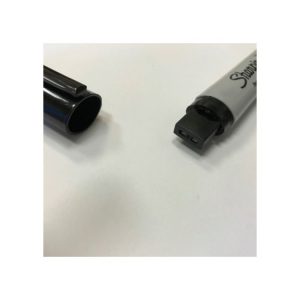
“E-cigarettes just seems to be a trendy new way to use drugs because we don’t know much about them, and I think it’s important to educate students. Just because they haven’t been discussed as much doesn’t mean e-cigarettes are any less harmful,” she said.
She added that although the letter was an effective way to share the information about e-cigarettes with parents, it didn’t guarantee that students would also see it.
“The newsletter may have been enough to spread the news to the parents that read it, but they might not have all shared it with their kids,” said Gardner. “I think the best way to spread any knowledge about these things to the kids is to tell it to the kids directly and not rely on the parents to communicate the information.”
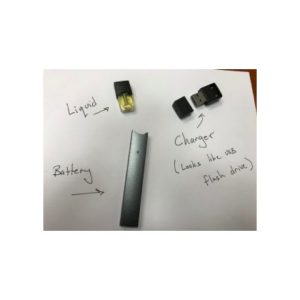
In the letter, Turner explained that although scientists are still learning about the health effects of e-cigarettes, there’s enough evidence to prevent its use including recent studies that suggest e-cigarettes are a “gateway” drug.
The letter also included warnings and pictures about a specific brand of e-cigarettes called “Juul” that is prevalent among students. These “Juuls” can be easily disguised as common school supplies such as a pen or thumb drive.
Administration responds to increased e-cigarette 'juul' use
December 1, 2017
Donate to The Newtonite
More to Discover








